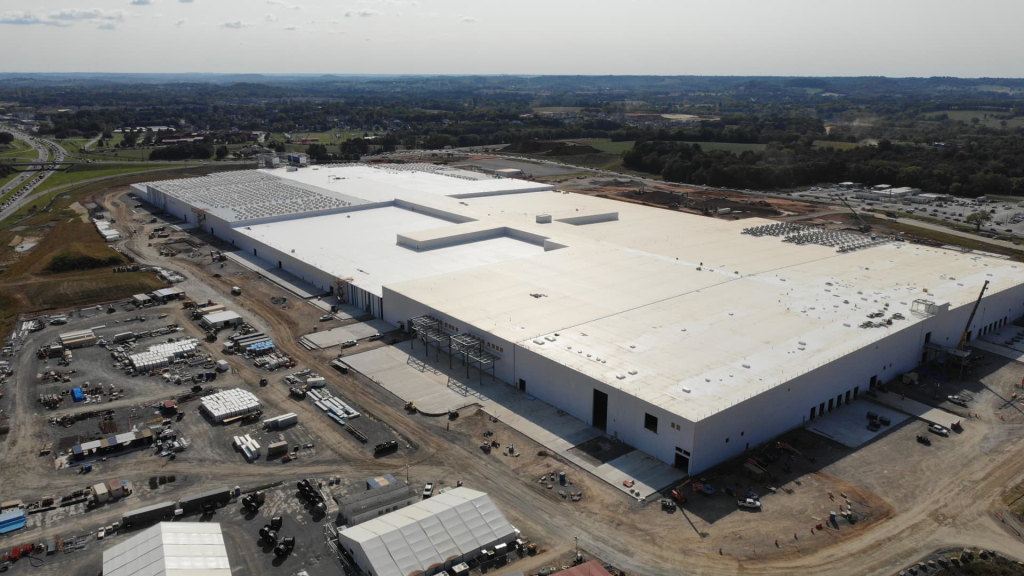Ultium Cells, a collaboration between General Motors and LG Energy Solution, announced on Monday that it will enhance its manufacturing facility in Spring Hill, Tennessee, aimed at producing affordable electric vehicle battery cells.
The new lithium iron phosphate battery cells, referred to as LFP, are expected to be significantly less expensive compared to conventional battery packs used in many electric vehicles. This cost reduction is largely due to the absence of costly minerals such as cobalt and nickel, which are typically needed in standard lithium-ion batteries.
“Enhancing the Spring Hill facility will allow us to increase production of lower-cost LFP cell technologies in the United States, while also complementing our high-nickel and future lithium manganese-rich solutions, thereby diversifying our expanding EV portfolio,” stated Kurt Kelty, GM’s vice president of batteries, propulsion, and sustainability, in a press release.
Currently, GM offers 12 electric vehicle models, with prices ranging from approximately $35,000 to over $300,000.
The Detroit-based automaker partnered with LG to invest $2.3 billion into the Tennessee battery plant, a project initially announced in 2021. The companies indicated that Monday’s development further strengthens their collaboration, but did not provide specific financial details regarding the latest upgrade.
Ultium Cells anticipates that commercial production of the LFP batteries will commence by late 2027.
This announcement arrives as GM is also exploring another battery technology for its larger electric SUVs and trucks. Variations in EV battery chemistry can influence factors such as vehicle range, safety, energy efficiency, and charging performance.

























